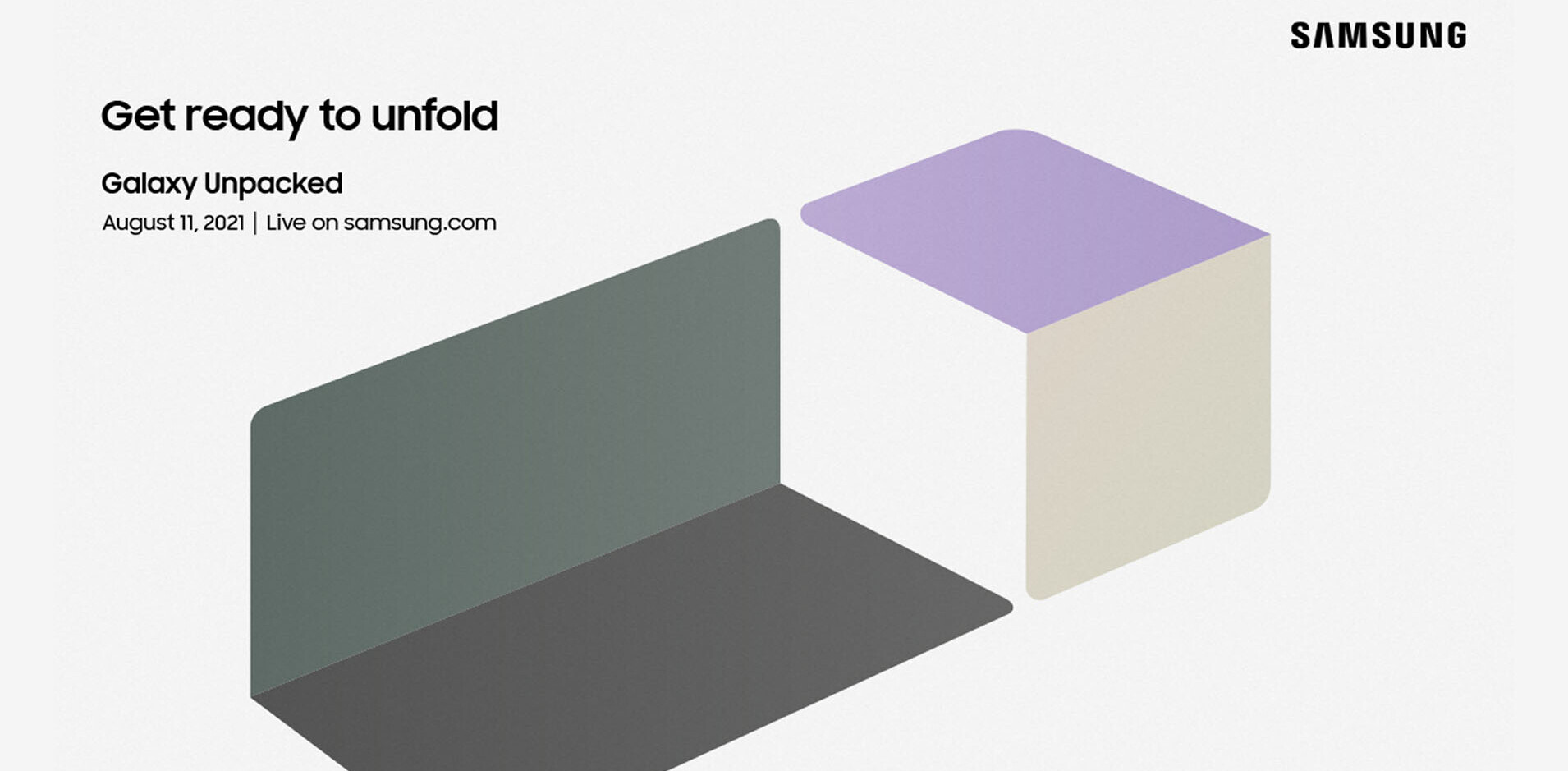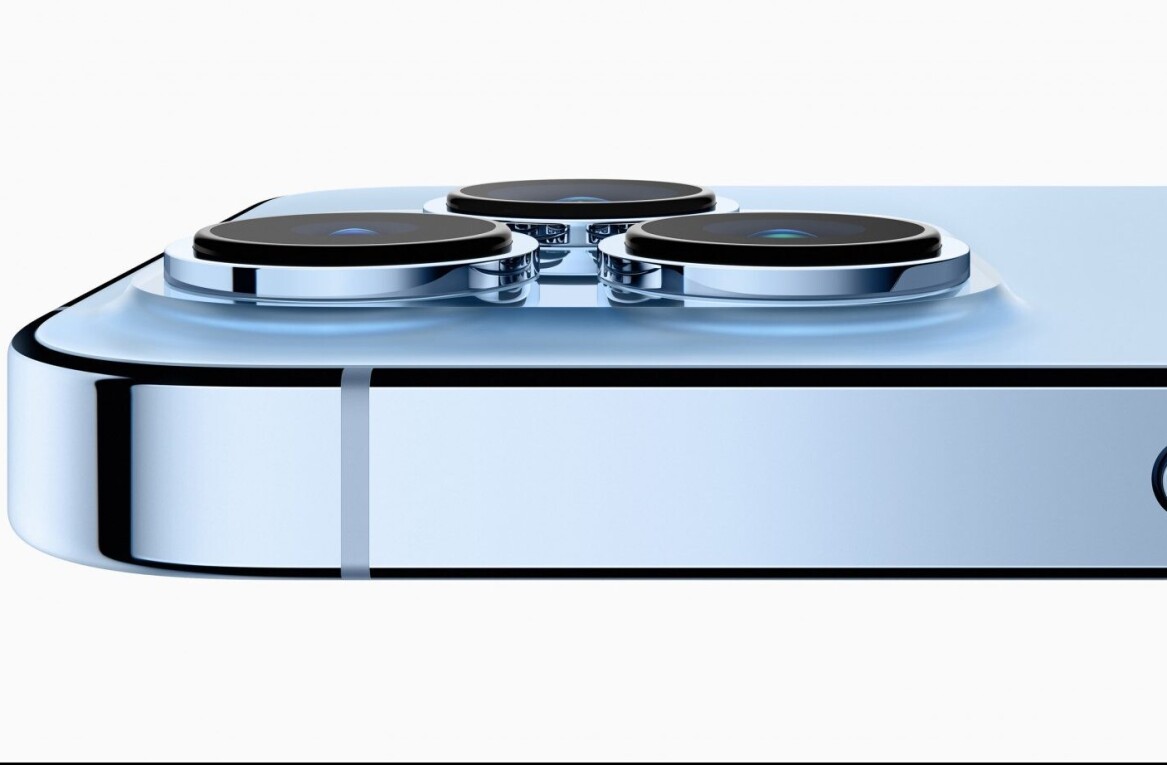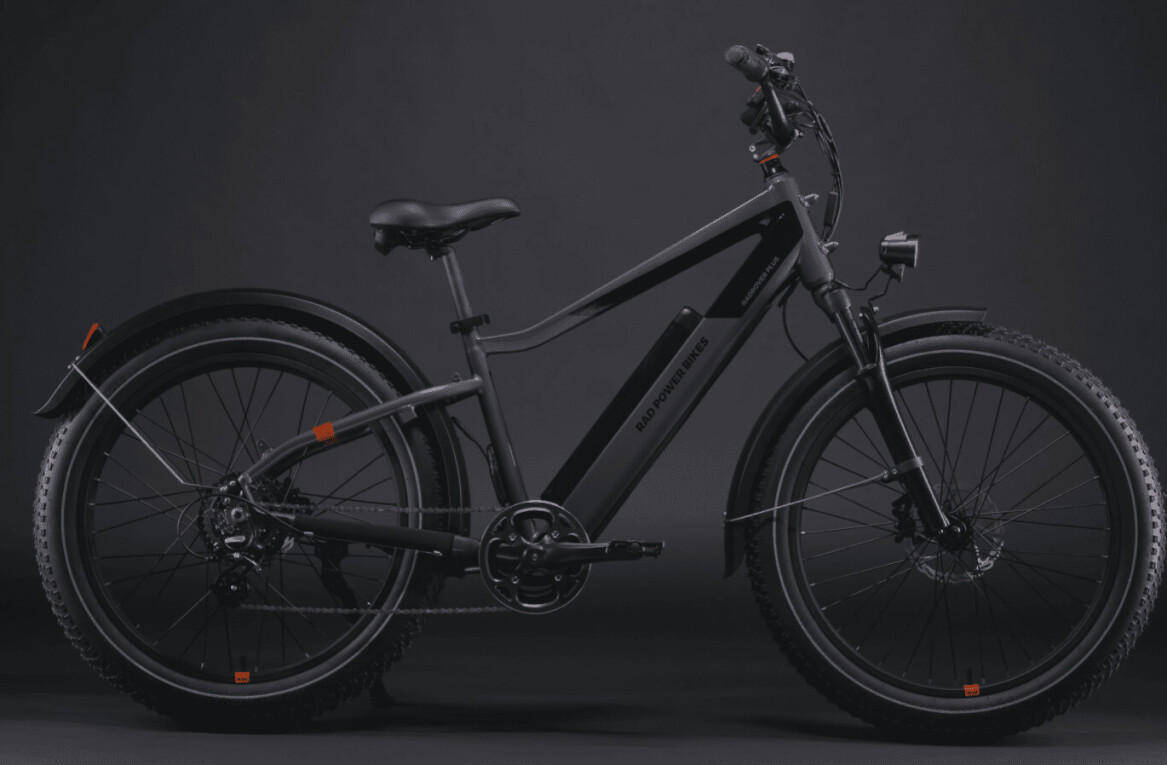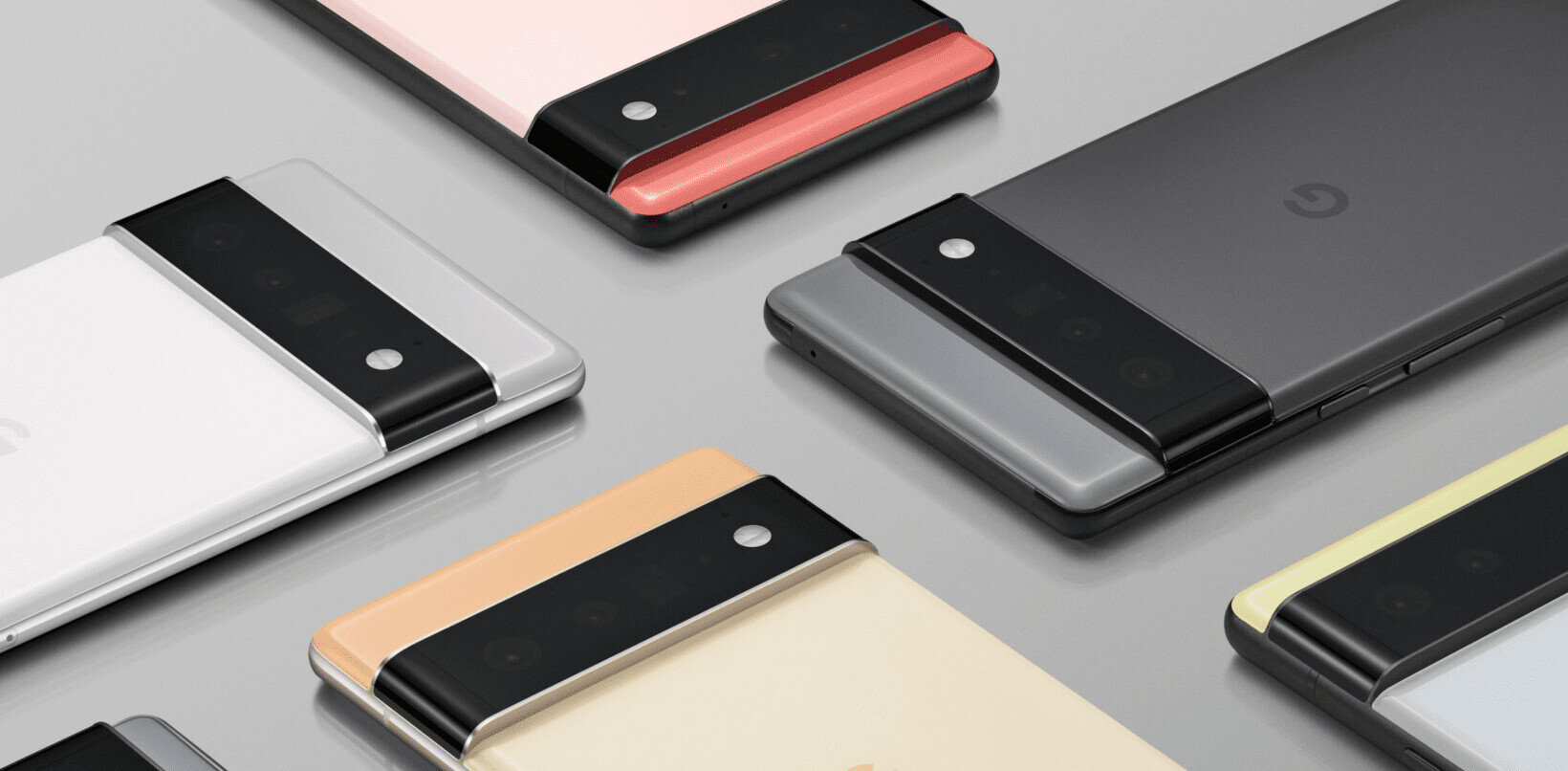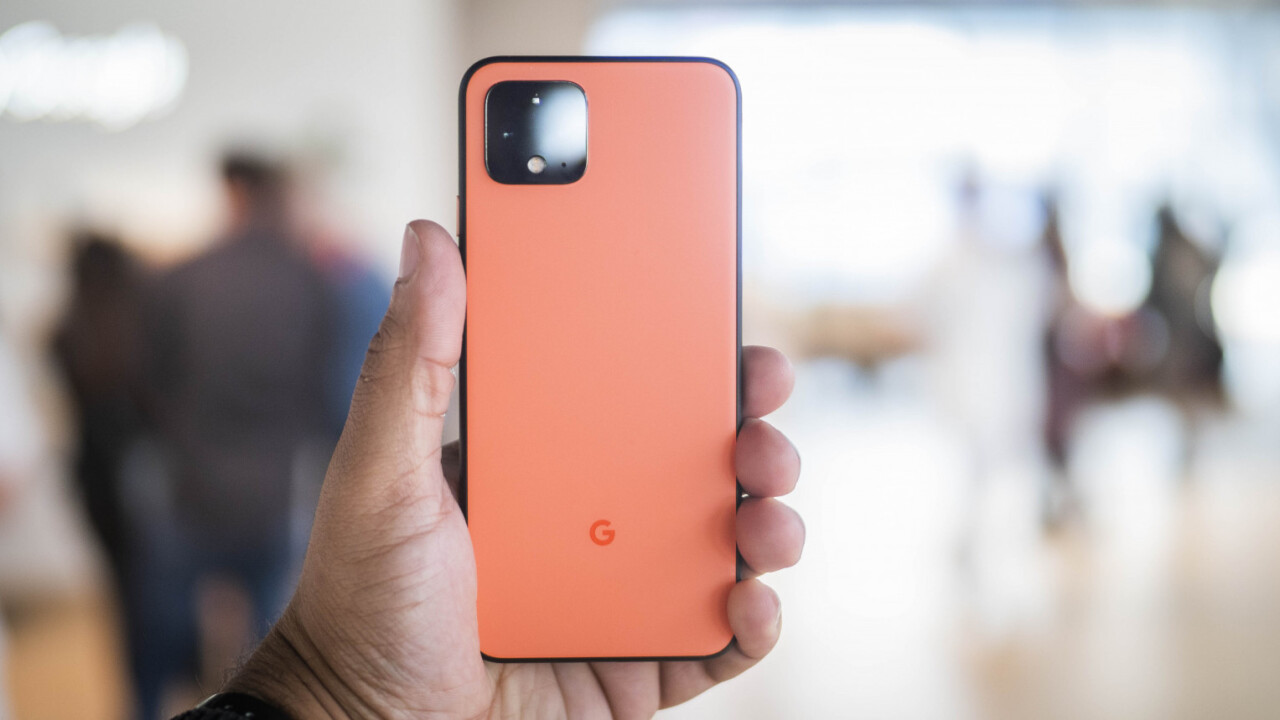
Is anyone feeling deja vu? It seems every year, Google makes puzzling choices with its Pixel displays. The Pixel 2 XL was criticized for awful color calibration, the Pixel 3 XL for its absurd notch, the Pixel 4 for never sticking to the claimed 90Hz refresh rate. But there’s another problem with Google’s latest: it’s screen isn’t all that bright. Worse, it seems Google is purposefully limiting the panel’s brightness, even in high ambient light.
As noted by Mishaal Rahman over at XDA, there is a high brightness mode hidden in the Pixel 4’s code. By default, the phone is limited tops out at about 444 nits. That’s okay, but it pales in comparison to something like the Galaxy Note 10+’s 1,308 nit peak brightness. It’s fine for most conditions but can make the phone hard to see in direct sunlight, especially when trying to watch videos or view photos. It’s something many reviewers have noted, and the numbers bear out.
When de-limited, the Pixel 4 can reach about 610 nits. Still not as bright as the competition, but a substantial boost. Given the code, it seems Google thought about implementing a high brightness mode that would activate during the correct ambient conditions – as seen on other devices – but for whatever reason opted against it. There’s only one other time it appears the display will reach its maximum brightness, and that’s when watching HDR video.
The decision to limit brightness was presumably one to save battery; the Pixel 4 and Pixel 4 XL’s batteries are notably smaller than comparable Android devices. Nonetheless, it’s a puzzling choice. For one, it could be left as an optional toggle for users to take advantage of when needed.
For another… well, the phones should just have bigger batteries. It’s 2019. Even Apple, which has always gotten away with tiny batteries thanks to its highly optimized walled garden, has bigger batteries on both iPhone 11 Pros.
If you’ve got the technical know-how and have rooted your Pixel 4, all you need is to enter a couple of shell commands. Once activated, the brightness mode only kicks in if you’ve turned the brightness slider all the way up. It’ll have an effect on your battery in high ambient light, but your phone should otherwise perform much the same otherwise.
Unfortunately, the fact you need root access makes this an impractical fix for most users. At least with the 90Hz issue, you could easily force it to remain at the higher refresh rate in the phone’s developer settings. But who knows, maybe if we complain loudly enough, Google will listen.
Get the TNW newsletter
Get the most important tech news in your inbox each week.
